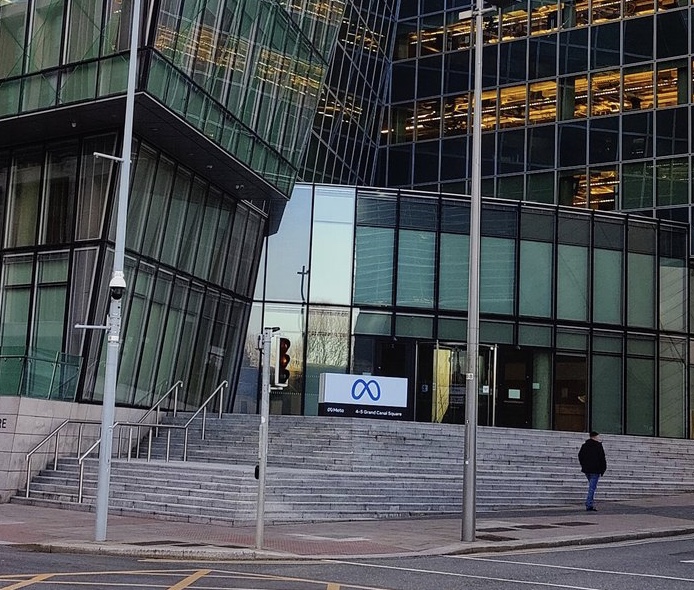Two Dublin based law firms – KOD Lyons and Abbey Law, last week launched between them, 17 lawsuits in the Irish High Court, alleging that the social media platform Meta, should pay significant damages for its culpability in the genocide in Myanmar of Rohingya Muslims in 2017.
‘It is high time Meta faced its responsibilities by paying reparations to the Rohingya’
The core of the allegation against Facebook, now known as Meta, is that its failure to provide adequate moderation on its platform actually exacerbated the conflict by allowing the spread of disinformation. In the words of Pat de Brún, Head of Big Tech Accountability at Amnesty International:
‘Facebook’s algorithms and Meta’s ruthless pursuit of profit created an echo chamber that helped foment hatred of the Rohingya people and contributed to the conditions which forced the ethnic group to flee Myanmar en masse… Six years have gone by since Meta contributed to the terrible atrocities perpetrated against the Rohingya people…Our investigations have made it clear that Facebook’s dangerous algorithms, which are hard-wired to drive “engagement” and corporate profits at all costs, actively fanned the flames of hate and contributed to mass violence as well as the forced displacement of over half the Rohingya population of Myanmar into neighbouring Bangladesh…It is high time Meta faced its responsibilities by paying reparations to the Rohingya and by fixing its business model to prevent this from happening again’
A similar case in the US sought damages of $150 billion
The two law firms bringing the case against Meta, will be aware that a similar case was pursued in the US seeking damages in the amount of $150 billion, which failed effectively on a technicality due to a provision in the US’s Communications Decency Act which gives immunity to platforms like Facebook which publish third party content. The lawyers will argue that Ireland is an appropriate country to bring the claims due to Meta having its headquarters there and as content moderation was dealt with from Dublin.
The cases were launched in the High Court in Dublin on Wednesday 23rd August, two days before the sixth anniversary of the brutal campaign by Myanmar’s military to ethnically cleanse the Rohingya Muslims from the Rakhine State of Myanmar. Thousands of Rohingya were murdered in cold blood – many burnt alive, women and girls were systematically subject to rape and torture. As many as 750,000 Rohingya’s were forced to flee across the border into Bangladesh, where they have joined others from earlier persecutions and where they remain living in squalid conditions to this day.
Remembrance day marked by a demonstration in Cox Bazaar Refugee Camp at which thousands called for justice and safe return
On Friday, 25th August, now known as ‘Remembrance Day, thousands of Rohingya refugees in the Cox Bazaar camp in Bangladesh, rallied after Friday prayers in a demonstration demanding international recognition to their plight and seeking international support in helping them to return safely to their homes in Myanmar.
To mark the 6th Anniversary, Human Rights Watch published a report in which Shayna Bauchner, Head of Asia Research at Human Rights Watch stated:
‘Rohingya on both sides of the Myanmar-Bangladesh border are trapped in stateless purgatory, denied their most basic rights, awaiting justice and the chance to go home. Instead of addressing these issues head on, UN Security Council inaction and government aid cutbacks are leaving Rohingya in even more desperate straits’

















